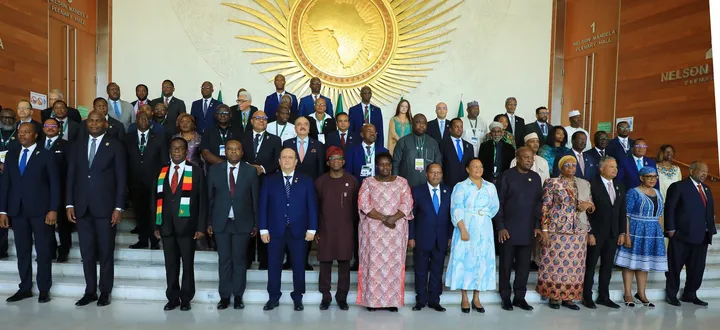By Brian Okoth
Kenya's President William Ruto has declined "all the clauses" of the contentious 2024 finance bill that triggered deadly protests in the East African nation last week and early this week.
Ruto has since officially submitted to Kenya's parliament his decision to decline the bill in its "entirety."
"In exercise of the powers conferred to me by the constitution (of Kenya), and having reservations on the contents of the bill in its entirety, I decline to assent to the Finance Bill 2024, and refer the bill for reconsideration by the National Assembly with the recommendation for the deletion of all the clauses thereof," Ruto said in a presidential memorandum of referral on Wednesday.
Ruto said he took into consideration the "widespread expression of dissatisfaction by members of the public on the contents of the Finance Bill 2024."
Parliamentary majority
The rejected bill now returns to parliament for official withdrawal, or parliament can marshal a two-thirds majority to override the president's decision, and ensure the bill becomes law.
Ruto, who enjoys a parliamentary majority, however said the members of his political party were in agreement with him that the bill needs to be totally discarded.
Kenya drew a 3.7-trillion shilling ($28.8 billion) budget for the current financial year that ends on June 30.
Ruto's decision essentially means that the East African nation will continue using the 3.7-trillion shilling budget.
Possible outcomes
If no new finance bill is introduced in parliament after six months, Kenya will continue using the 2023 Finance Act up to the end of the 2024/2025 financial year in June next year.
In his address on Wednesday, Ruto pledged to cut on costs in his office as well as embrace austerity measures to ensure government spending aligns with the existing budget.
When parliament passes a bill, there are four possible outcomes.
A president can accept it as is and sign it into law, return it to parliament with amendments; do nothing, and it automatically becomes law after 14 days, or reject it in totality as Ruto has done.
➤ Click here to follow our WhatsApp channel for more stories.




.JPG?width=720&format=webp&quality=80)



.JPG?width=128&format=webp&quality=80)














